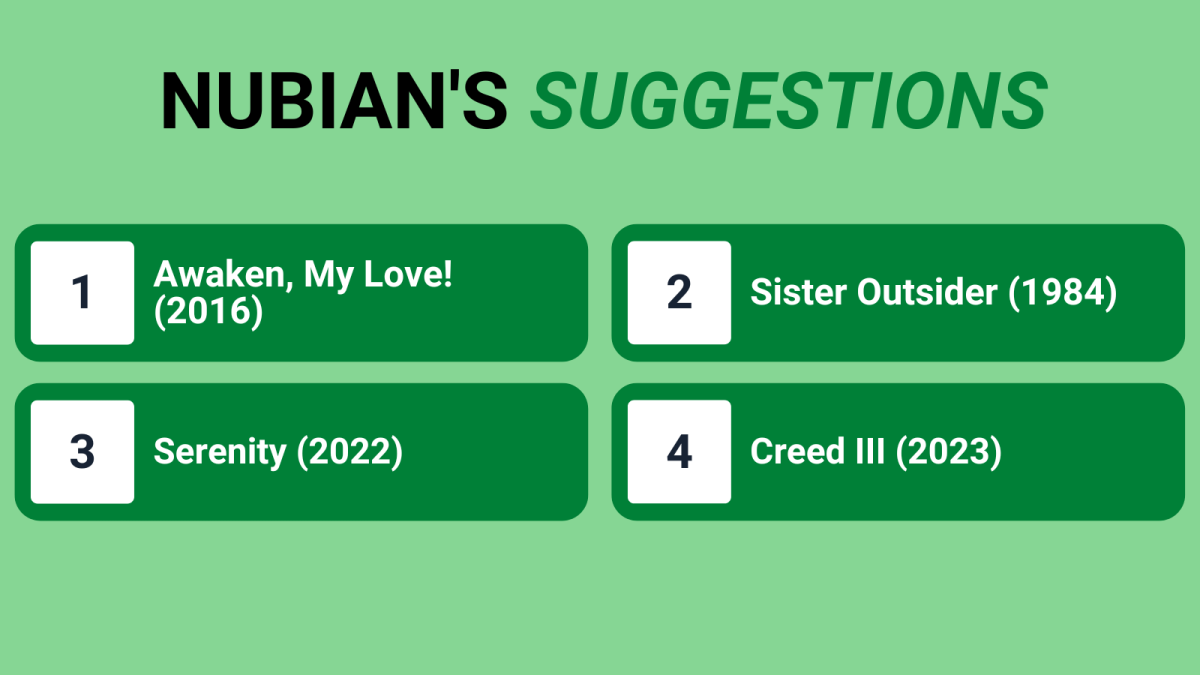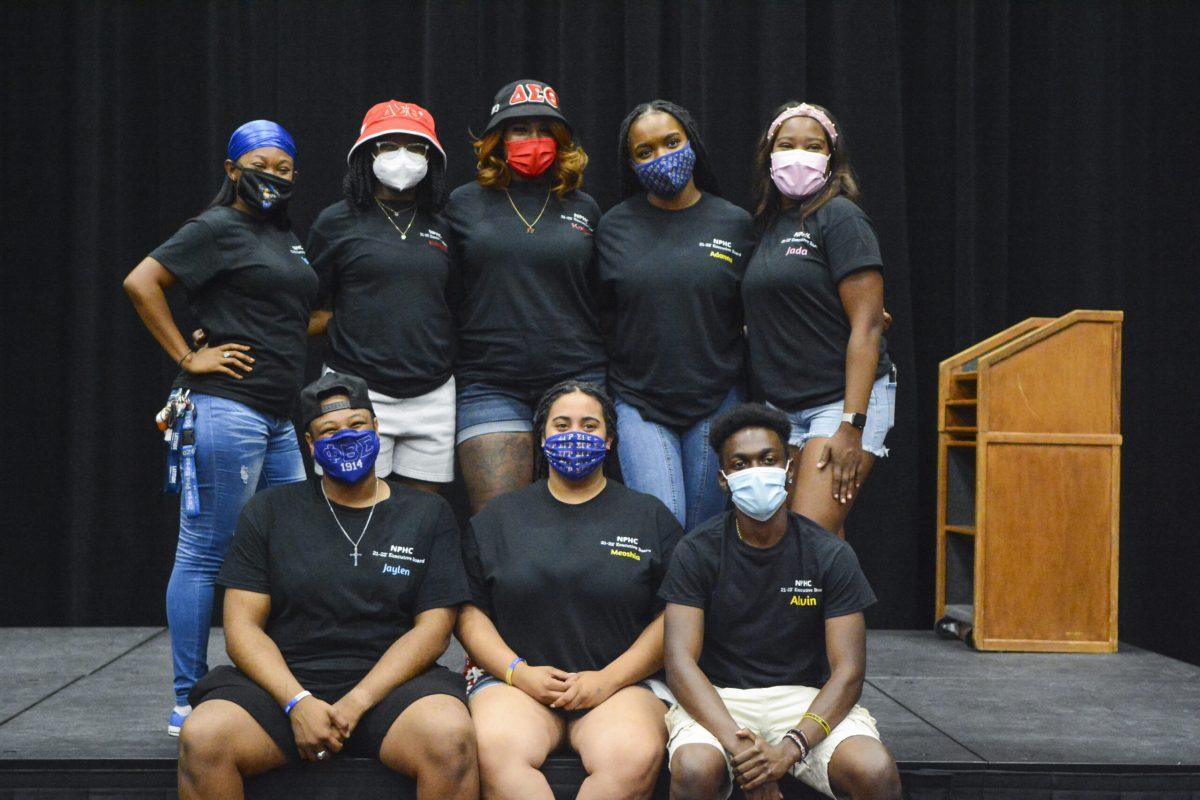Benyame Assefa | Staff Writer
April is Sexual Assault Awareness Month and we are talking about a topic that seems to be left as a mere whisper: consent.
Consent, according to the Oxford Dictionary, is defined as “Permission for something to happen or agreement to do something.”
Being on a college campus, the topic of consent is not always discussed in an open and welcoming environment. The discussion of this topic that needs to flourish often takes backseat when discussing sexual education and conduct.
Sara Forcella, Rape Prevention Education Coordinator, along with other members of the Women’s Center are actively pushing for the consent conversation to be a larger topic of discussion in the community.
“I think that in any kind of relationship, whether it be a friendship, a friends with benefits relationship, or a romantic relationship, dialogue is important,” said Forcella.
In the past, consent was seen as “No means no”, but simply put, that ain’t cuttin’ it anymore. This outdated pitch leaves many holes in the argument of what is considered consent and what is not.
“It’s really changing the idea of consent, which we used to have as “no means no” and shift that into “yes means yes” because just because someone can’t say no doesn’t mean that they’re giving consent. Just because someone is indecisive (I don’t know, maybe, I guess) doesn’t mean it’s consent; they’re not enthusiastic,” said Forcella.
This idea of an enthusiastic approach towards not only the topic but even the mood really allows for a positive spin and, hopefully, a positive trend in conversations in consent.
Often the application of mutual understanding is overlooked in the most likely place, an actual relationship. Conversations on consent are sometimes disregarded in established relationships, due to some implication that consent is null once you’ve committed to one another.
“It doesn’t matter if you’ve been married all your life, you should never put your significant other in an uncomfortable position or take advantage of their body. Consent should always be practiced prior to the relationship and continued throughout the extent of the relationship,” said Mark Curley, a junior studying biology with a minor in environmental science.
Benefits from consent conversations involve stronger communication and an understanding that just cannot be gathered or comprehended by physical encounters.
“If both partners comfortable and wanting to engage in that behavior then it should make the experience better and a safe open space where you can talk about what feels good, what you do or don’t like, what are your boundaries, etc. and those are things you want to discuss beforehand,” said Forcella
Undoubtedly, a healthy mixture of communication and cuddling will lead to a far more enjoyable and even perhaps educational experience with the individual laying next to you and vice versa.
Suggestions for beginning this presumably awkward conversation can be something as simple as discussing it amongst friends you are close with.










